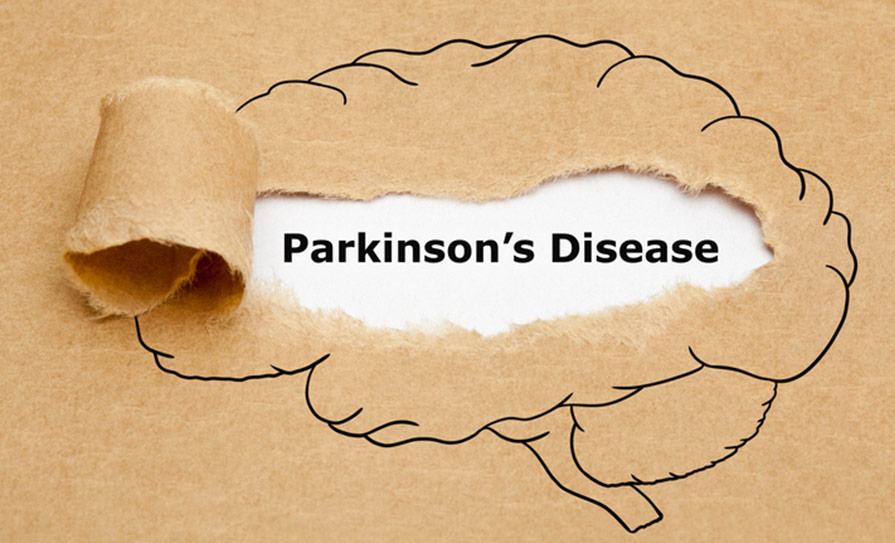
Foslevodopa/foscarbidopa (Produodopa) is now available for the treatment of advanced levodopa-responsive Parkinson’s disease with severe motor fluctuations and hyperkinesia or dyskinesia. It can be prescribed when other combinations of Parkinson’s medicinal products have not given satisfactory results in line with the product licence.
The product was added to the reimbursement list on 1 March 2024 following completion of the formal processes as set down in the Health (Pricing and Supply of Medical Goods) Act 2013. Foslevodopa/foscarbidopa can now be prescribed by consultant neurologists via the High Tech Hub infrastructure.
The treatment is administered via a cannula placed under the skin and regulated by a small automatic pump worn continuously, providing around-the-clock management of patients’ symptoms.
The system releases a combination of medications, including foslevodopa, which is converted into dopamine. Dopamine improves the transmission of signals between the brain and the nerves that control movement.
Announcing the availability of the treatment in the UK earlier this year, a statement from the NHS pointed out many Parkinson’s patients currently take large numbers of tablets to control their symptoms, which can be difficult to maintain.
Foslevodopa/foscarbidopa was welcomed for being an easy-to-use treatment option for patients living with advanced Parkinson’s disease who have developed severe motor fluctuations and who are no longer benefitting from other oral treatments, but whose condition has been found to respond to the drug levodopa.
Mr James Palmer, NHS England’s Medical Director for Specialised Services and a Consultant Neurosurgeon, said: “This is great news for hundreds of patients who are living with an often difficult and debilitating condition.”
“This important therapy will now offer a vital new option on the NHS for those who aren’t suitable for other treatments, such as deep brain stimulation, and we hope it will help nearly a thousand patients to manage their symptoms more effectively and go about their day with a better quality-of-life.”
Parkinson’s Ireland
In a statement to the Medical Independent (MI), the CEO of Parkinson’s Ireland Mr Shane O’Brien welcomed the treatment’s availability in Ireland.
“We welcome this new treatment, which was previously approved by the Health Products Regulatory Authority,” Mr O’Brien stated to MI.
“We also welcome the HSE’s decision to approve its reimbursement for the treatment of Parkinson’s disease in specific circumstances. It’s important to point out that in the first instance, as is the case with any treatment, people with Parkinson’s disease should speak to their consultant and/or Parkinson’s disease nurse specialist to see whether this is an appropriate treatment option for them.”
Services
Mr O’Brien said the organisation recognised the need for improved treatments for Parkinson’s disease given the fact that it is the fastest growing neurological condition. He pointed out a recent University College Cork study on movement disorder services in the Republic of Ireland found there are severe shortcomings in services for people with Parkinson’s in Ireland.
“This includes a shortage of neurologists, nurse specialists and multidisciplinary teams, and a disparity in the quality of services throughout the country,” Mr O’Brien stated.
“The services that Parkinson’s Ireland provides helps to fill this gap, but we currently only receive €70,000 of State funding for the whole of the country. We hope to continue to see new treatments in the coming years to increase the quality-of-life of people with Parkinson’s disease.”





Leave a Reply
You must be logged in to post a comment.